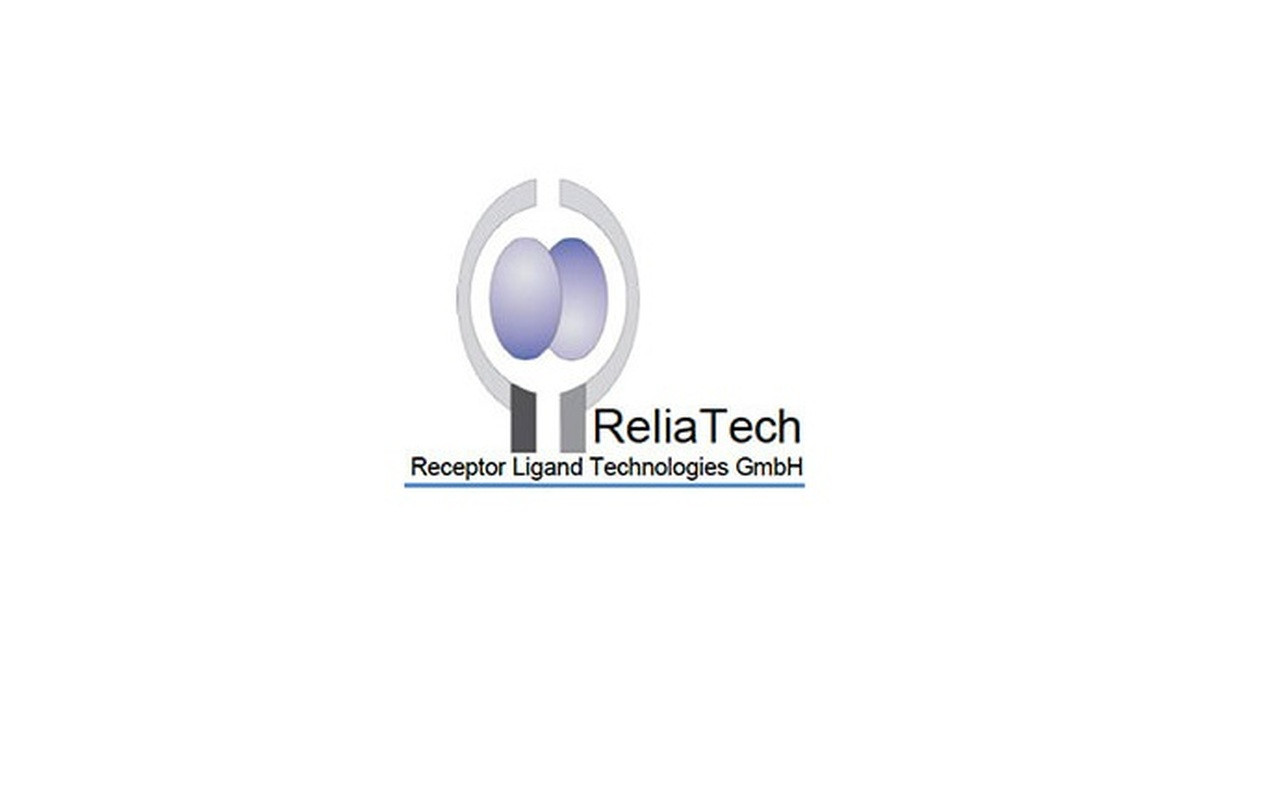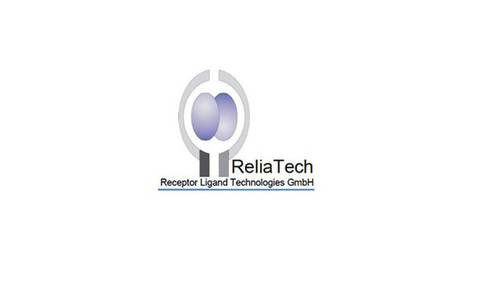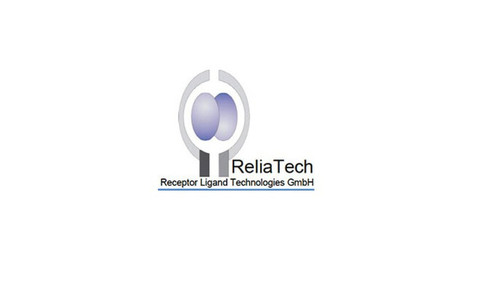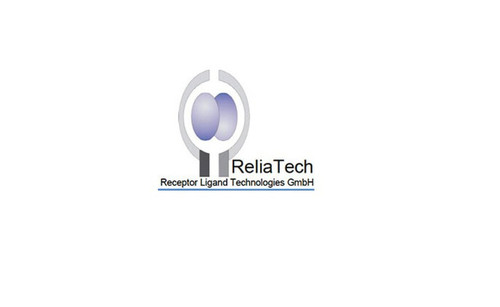Product Description
Rat Anti-Mouse Amphiregulin Antibody | 103-M305 | ReliaTech
Species: Anti-Mouse
Host / biotech: Rat
Comment: N/A
Label: N/A
Clone / Antibody feature: (#7D17)
Subcategory: Monoclonal Antibody
Category: Antibody
Synonyms: Areg; AR; Sdgf
Isotype: IgG2
Application: WB
Detection Range: N/A
Species Reactivity/Cross reactivity: Mouse
Antigen: recombinant mouse Amphiregulin
Description: Amphiregulin (AR-), also known as Schwannomaderived growth factor (SDGF), is a member of the epidermal growth factor (EGF) family of growth factors which includes, AR, EGF, transforming growth factora (TGFa), heparin binding EGF-like growth factor (HB-EGF), betacellulin (BTC), epiregulin, and the neuregulins 1 through 4. All EGF family members are synthesized as type I transmembrane precursors and contain one or several EGF domains in their extracellular region. The bioactive form of the proteins is released by proteolytic cleavage. The ErbB family of receptors that includes ErbB1 B4, mediates the biological activities of the EGF family ligands. AR was originally isolated from the conditioned media of PMA-treated MCF 7 human breast carcinoma cell line. AR mRNA expression can be detected in numerous carcinoma cell lines and in the epithelial cells of various human tissues including colon, stomach, breast, ovary and kidney. AR stimulates the proliferation of keratinocytes, mammary epithelial cells, fibroblasts, astrocytes and glial cells. AR is also a growth inhibitor for certain tumor cells. The gene for AR has been mapped to human chromosome 4q13q21 and mouse chromosome 5. Human and mouse AR cDNA encode 252 and 248 amino acid residue type I membrane proteins, respectively. The two proteins share approximately 69% sequence identity. Mouse AR also shares 81% amino acid sequence homology with rat AR. Several secreted isoforms of AR that vary in length and/or glycosylation level can be found in cell conditioned media. The 98 amino acid residue recombinant AR has better receptor binding and biological activity than the C-terminal truncated forms of the protein.
Purity Confirmation: N/A
Endotoxin: N/A
Formulation: lyophilized
Storage Handling Stability: Lyophilized samples are stable for 2 years from date of receipt when stored at -20°C. Reconstituted antibody can be aliquoted and stored frozen at < -20°C for at least six months without detectable loss of activity.
Reconstituation: Centrifuge vial prior to opening. Reconstitute the antibody with 500 µl sterile PBS and the final concentration is 200 µg/ml.
Molecular Weight: N/A
Lenght (aa): N/A
Protein Sequence: N/A
NCBI Gene ID: 11839
 Euro
Euro
 USD
USD
 British Pound
British Pound
 NULL
NULL








